Regardless of popular social media portrayals, travel is not about snapping pics for your Insta or filling your passport or expanding your horizons. Honestly, it’s not even really about you. Genuinely meaningful travel is about the places you visit and the people you meet. It’s about the communities you support and the worthwhile things you can learn from them, if you take the time.
As pandemic restrictions begin relaxing and the world slowly reopens, now is the perfect opportunity to rethink your approach to travel and consider ways to make your journeys more meaningful and impactful, both for yourself and for the communities you encounter. And the good news is that making your travel more meaningful is easier than you might think.
Read Up
Truly purposeful travel begins before you pack your bags: Reading as much as you can about your destination in advance will give you a deeper understanding of its culture and history, allowing you to better observe and appreciate the idiosyncrasies of the people and the place once you’re finally there. Guide books are a solid start, but don’t limit yourself; novels, magazines and books on special interest topics like art, fashion, history and food will all open your eyes to new facets of the destination you’ll be visiting, and convey a sense of place. As you travel, armed with your newfound knowledge, you’ll catch yourself picking up on subtle cultural ticks and having ‘a-ha’ moments when you realise how the past influences the present, plus you’ll be well-equipped to engage in lively, informed conversation with locals.
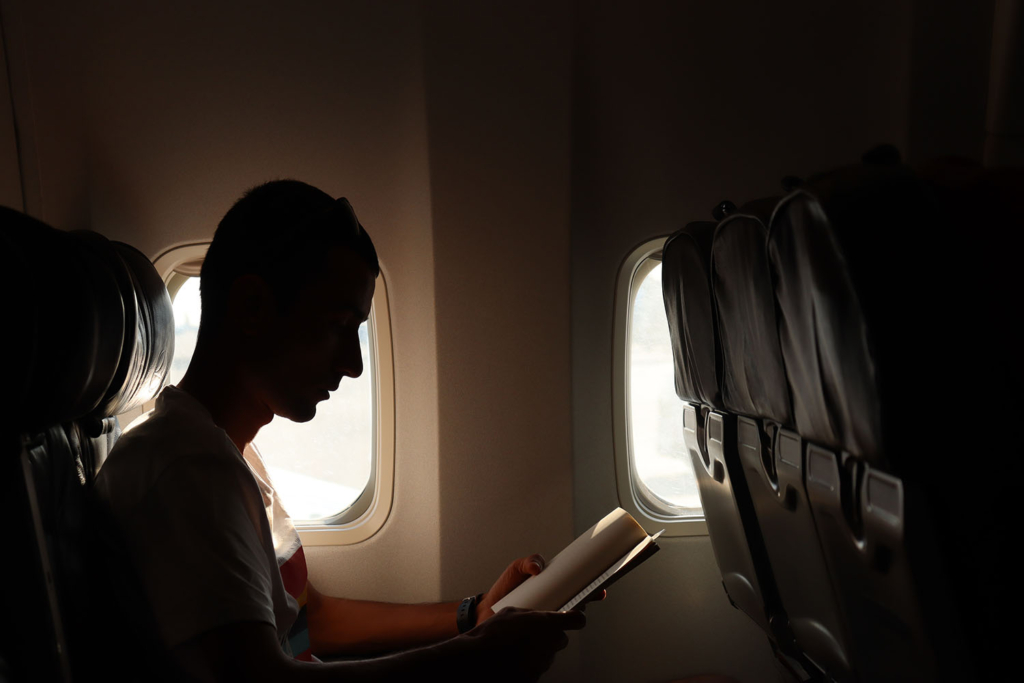
Stay Put
We know: You want to see all the things. After dropping a month’s rent on plane tickets, you plan to get your money’s worth, and that means bouncing around to as many cities and sights as you possibly can. Right? Not so fast. Often the best way to get the most from your journey – and therefore the best way to truly get your money’s worth – is to embrace so-called ‘slow travel’: planning longer stays in fewer places in order to better immerse yourself in the local way of life. Think quality, not quantity. On your next trip, consider squeezing a few less stops into your itinerary in order to focus on really getting to know the places you visit, while setting yourself up for more unique and authentic experiences (and less exhaustion). Depending on your work arrangement and the time at your disposal, this may mean staying three days in a city instead of just one, or perhaps spending several weeks exploring a particular state or region.
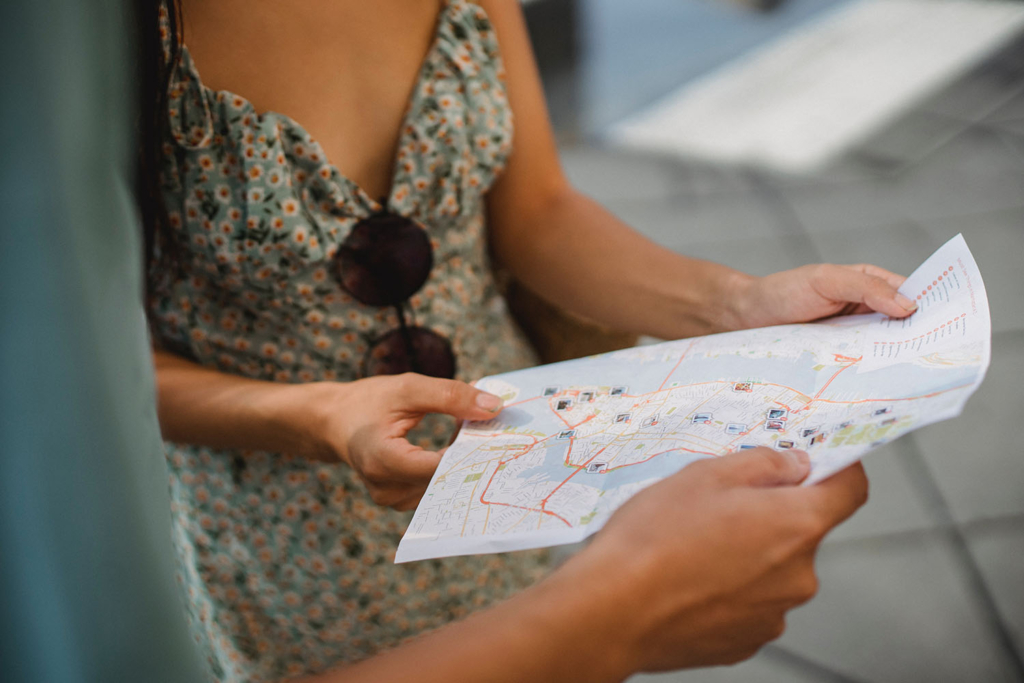
Act Like A Local
‘When in Rome’ isn’t just a useful mantra for blending in, it’s also a formula for making your travels more meaningful and memorable. Start with your accommodations: rather than booking an impersonal hotel in the tourist epicentre, read up on the merits of various neighbourhoods at your destination, and choose one that sounds like a place you’d actually want to live. Once there, establish a rhythm and frequent the same businesses over the course of your stay. Get coffee at the same café each morning. Pick up the newspaper at the same kiosk. Greet your local grocer, baker, butcher and cheesemonger. Had an exceptional meal at a little diner? Go back for seconds. And be sure to take public transport or walk as much as you can. You might be surprised at how quickly you start to feel like part of the community, even if you’re only in town for a couple of days.
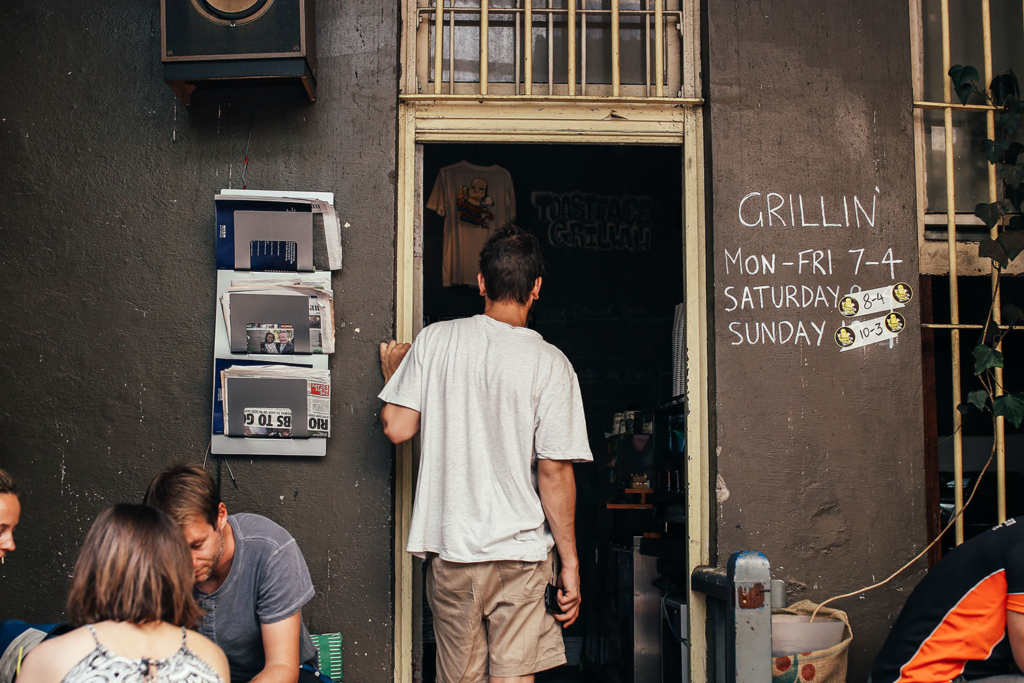
Shop, Dine And Stay Local
As you’re making yourself at home in your chosen neighbourhood and picking your new regular haunts, give preference to locally owned businesses and companies; not only do those mom-and-pop shops and restaurants need your money more than the big corporate chains, but small, independent businesses are also vital threads in the fabric of a community, contributing to the individual character of a place and preserving the local way of life. Help them keep the lights on – and their neighbourhood alive – by buying your meals, necessities and souvenirs locally, wherever possible.
Likewise, instead of booking a hotel or solitary Airbnb rental (which can contribute to housing shortages and rent increases), opt for accommodation with a local family via platforms like Homestay.com and Servas.org, or through Airbnb’s ‘Private Room’ and ‘Shared Room’ options. Sure, it will require relinquishing a bit of autonomy and being more considerate of others, but when it comes to immersing yourself in a culture, nothing beats living with the locals.
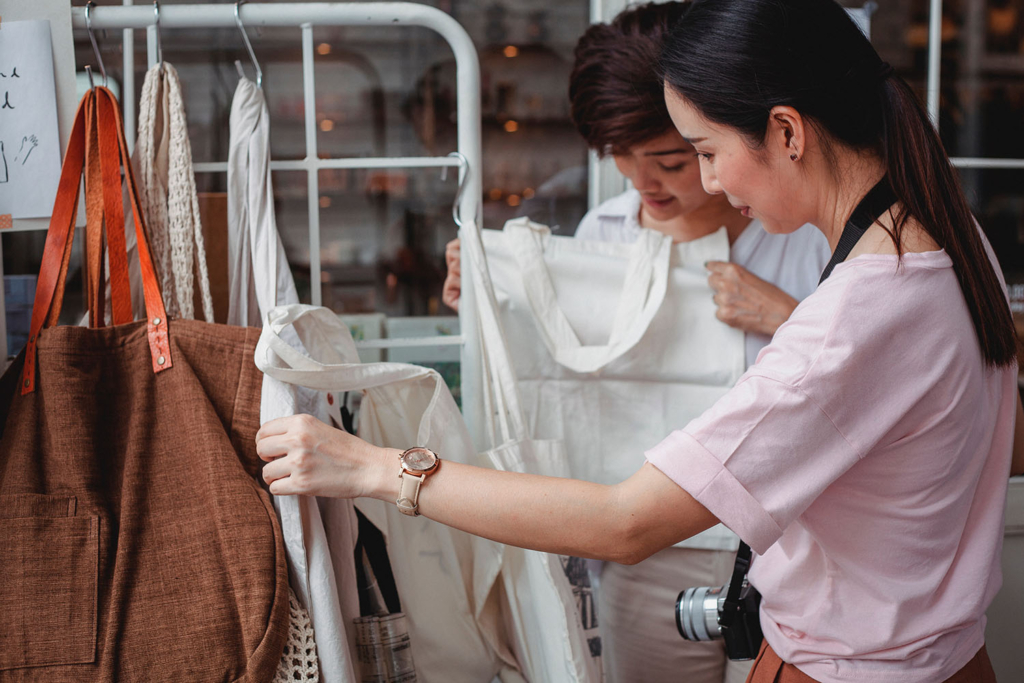
Connect With Locals
Forgive the cliché, but the people really do make the place. If you stick to flitting between famous sites and snapping pics for social media, you’ll only ever scratch the surface of your destination. Avoid treating the place like a museum, and get to know the people who bring it to life. How? Well, if you ask highly outgoing travellers, they’ll tell you to just strike up a conversation with anyone who will stand still long enough to listen, but that approach isn’t for everyone. For those of us who would rather stay home than chat up random strangers in a foreign place – heck, we’re all a bit out of practice after the past two years – there are a few alternatives.
One idea is to book a guided tour, workshop or activity hosted by a local. Whether it’s a city walking tour, a sushi-making class, a Bollywood dance lesson, a yoga session or a DJ crash course, you’ll be getting the lay of the land or learning a new skill while gaining first-hand insights and tips from a resident – not to mention helping support them and their work. Another option is to join online forums that connect people in a particular place. Reddit and Facebook Groups can be useful resources, but there are also dedicated websites and apps like Meetup and EatWith that offer a more structured, straightforward experience.
Whatever your preferred approach, be sure to learn a few useful words and phrases in the country’s language beforehand, and read up on the cultural dos and don’ts. Showing an interest in and sensitivity to the culture and language of a place will go a long way to winning over the locals.
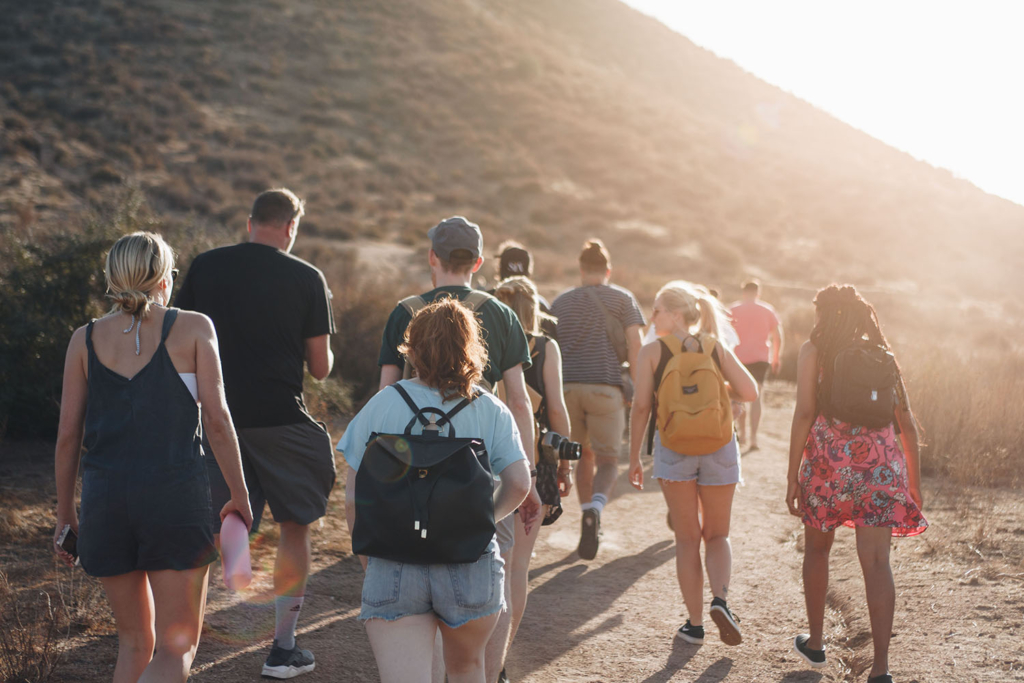
Put Your Phone Away
From translating menus to helping us navigate unfamiliar streets and share photos with our loved ones in real time, smartphones have revolutionised the way we travel. But that ease and convenience can come at a cost when we find ourselves scrolling and texting instead of being present in the moment. On your travels, try to think of your phone as a tool, not a toy – it exists purely to facilitate your real-life experience. Snap photos, but only sift through them once you’re back home. Use maps and translation apps, but resist the urge to check your messages and social media notifications. When you’re on a train or in a car, leave your phone in your pocket and look out the window instead. If the desire to consult your digital companion proves too strong, consider going cold turkey: gather the maps and information you’ll need for the day before heading out, and leave your phone in your room. Want to take pics? Bring a camera. Afraid you’ll lose precious memories? Write about your experiences using good ol’ paper and pen. Who knows, you may even start to prefer your new analogue life.
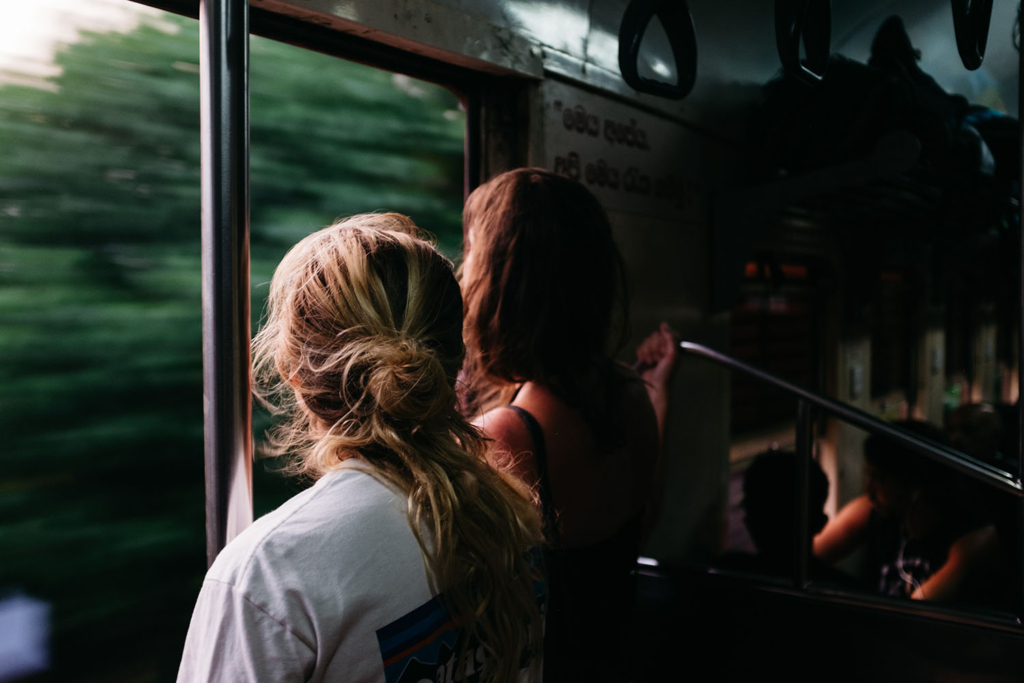
Give Back
So much of the conventional travel advice is focused on what you as the traveller are hoping to gain from your journey, yet any seasoned wanderer knows that some of most fulfilling travel experiences come from giving back. We’re not talking about booking a full-on voluntourism trip, either – there are much simpler ways to make a contribution to any destination you visit.
Seek out socially or environmentally responsible businesses that lend extra support to the community in creative and significant ways, like Colombian eatery Crêpes & Waffles that only hires single mothers and women in need. Connect with a worthy cause through Give A Day Global to volunteer for one day of your travels. Foster innovation by giving a micro-loan to a local entrepreneur through Kiva. Consult Pack for a Purpose and put the extra room in your suitcase to good use by bringing items needed at your destination, like school supplies, games, books, toiletries, medical supplies and more. Or simply ask the people you meet to recommend a local charity that you can donate time or money to while there. Whatever your time constraints or budget limitations, there’s always a way to have a positive impact on the people and communities that have positively impacted you.
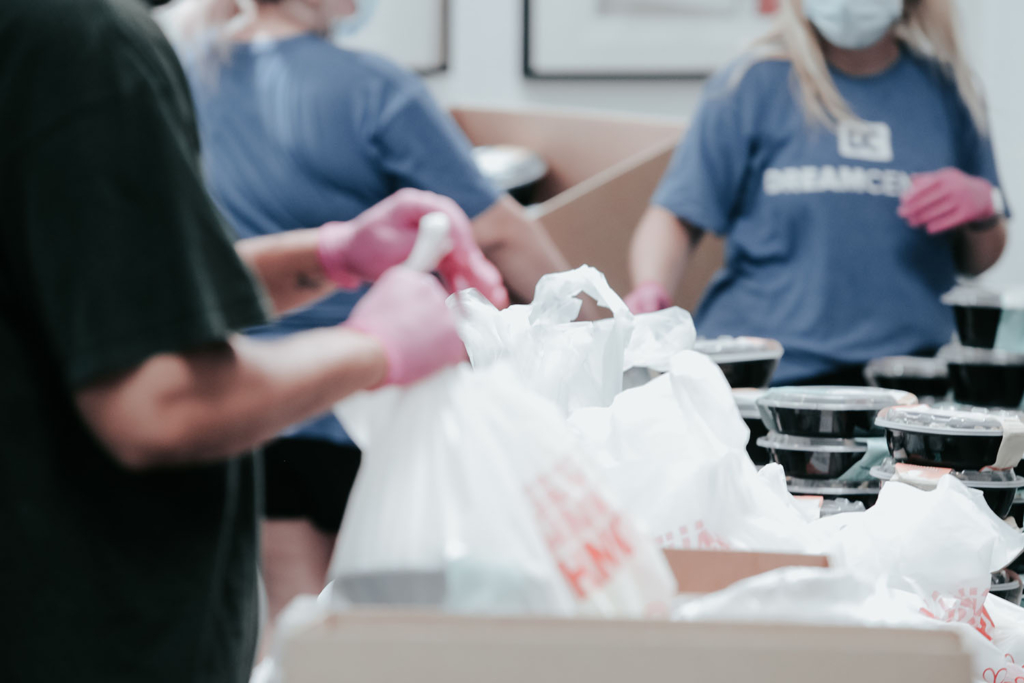




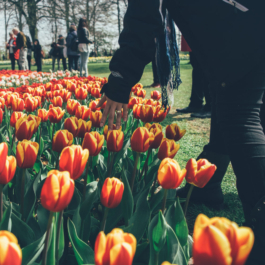









Sorry, the comment form is closed at this time.